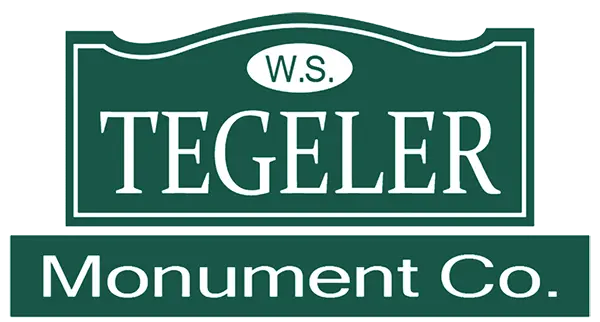Christian burials not only reflect the spiritual beliefs of the departed but also provide a space for family and friends to find peace, comfort, and hope. The traditions surrounding these burials are often filled with symbolism, from the use of sacred scripture to personalized monuments. Understanding these practices can help ensure that the burial site serves as a lasting tribute to the individual’s faith and life. By exploring the options available, families can create a memorial that reflects both the personal and spiritual legacy of their loved one. Whether you’re looking to customize a headstone or simply wish to understand the significance of religious symbols, these FAQs offer guidance to help you navigate this important process with care and respect.

Are There Specific Religious Symbols Commonly Engraved on Christian Headstones?
Yes, Christian headstones often feature religious symbols such as the cross, the dove (representing the Holy Spirit), praying hands, and fish (Ichthys). Some also include angels, the Bible, or rosary beads. These symbols reflect Christian faith and hope in eternal life.
What Information Is Usually Included on a Christian Headstone or Grave Marker?
A Christian headstone typically includes the deceased’s full name, birth and death dates, and often a meaningful inscription or epitaph. It may also include religious symbols, a Bible verse, or expressions of faith such as “Rest in Peace” or “In God’s Care.”
While there is no universal guideline for the size and shape of Christian headstones, many Christian cemeteries have their own regulations. Traditional shapes include upright tablets, crosses, or plaques, but families are usually free to choose designs that reflect their preferences within the cemetery’s rules.
Can Families Customize the Design and Inscription of Headstones for Christian Burials?
Yes, families can often customize the design and inscription of Christian headstones. Many choose to include personal elements such as favorite Bible verses, quotes, or symbols that represent the deceased’s life and faith. Customization allows for a more meaningful tribute.
What Is the Significance of Monuments in Christian Cemeteries?
Monuments in Christian cemeteries serve as physical markers of the deceased’s life and a reminder of the promise of resurrection. They often signify a place of reflection, prayer, and remembrance for family and friends. Larger monuments or crosses can also serve as communal memorials for groups or families.
Are There Specific Verses from the Bible Commonly Used in Engravings on Headstones?
Yes, popular Bible verses used on Christian headstones include John 11:25 (“I am the resurrection and the life”), Psalm 23:1 (“The Lord is my shepherd”), and Matthew 5:8 (“Blessed are the pure in heart, for they shall see God”). These verses offer comfort and express faith in eternal life.
What Are the Options for Adding Personal Touches or Symbols to Christian Grave Markers?
Families may add personal touches like the deceased’s favorite flowers, hobbies, or professions as symbols on Christian grave markers. Many include images like musical instruments, sports emblems, or family crests, in addition to religious symbols, making the grave marker more personalized.
Can Families Choose to Have Religious Imagery or Iconography Engraved on Headstones?
Yes, families can choose religious imagery or iconography such as saints, angels, or depictions of Christ on Christian headstones. These engravings can reflect the deceased’s devotion or particular aspects of Christian faith, adding spiritual significance to the marker.
Are There Regulations Regarding the Placement of Flowers or Decorations at Christian Gravesites?
Many Christian cemeteries allow the placement of flowers, wreaths, and other decorations, though they may have specific guidelines about the types, size, and duration. Permanent decorations may be restricted, and some cemeteries prohibit items like artificial flowers or solar lights to maintain a respectful and uniform environment.
Contact Tegeler for Custom Headstones in Maryland and Beyond
At Tegeler, we are committed to ensuring that every detail is handled with the utmost care, providing comfort and peace of mind during this difficult time. If you have any questions or need assistance planning a Christian burial, Tegeler is here to help. Our compassionate team understands the importance of honoring your loved one’s faith and legacy with respect and care. From selecting personalized headstones to navigating cemetery guidelines, we are dedicated to providing guidance every step of the way. Contact us today to discuss your needs, and let us help you create a meaningful and lasting tribute for your loved one.

